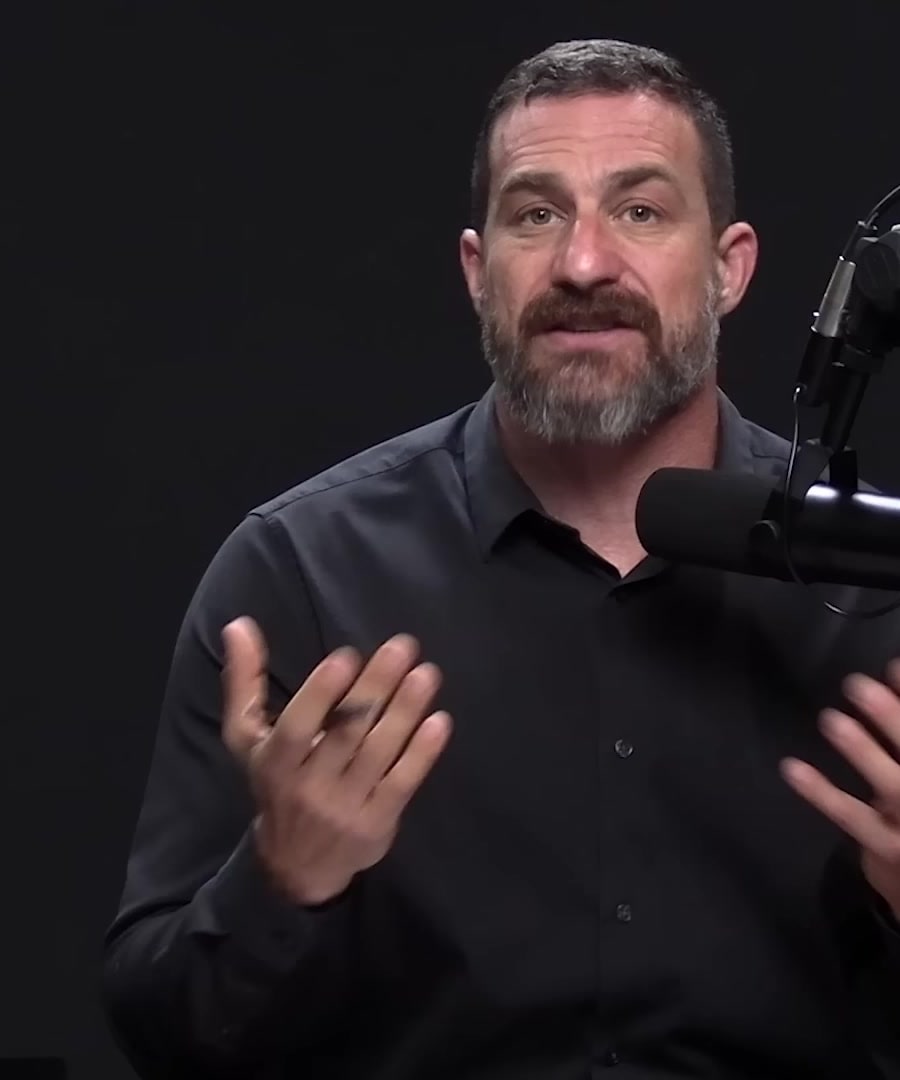What does growth hormone do?
Sources:
Growth hormone (GH) plays a crucial role in various physiological processes. Here's a summary of its key functions based on Andrew Huberman's insights:
-
Metabolism and Fat Loss: GH helps boost metabolism and promote fat loss. It mobilizes fatty acids, which can then be used for energy production 1.
-
Muscle Growth and Tissue Repair: GH is essential for the growth of muscle tissue and aids in tissue repair. It stimulates the production of insulin-like growth factor 1 (IGF-1) in the liver, which supports growth in various tissues, including muscles and bones 1 2.
-
Mood and Well-being: GH positively affects mood and overall feelings of well-being by increasing ATP production, which enhances energy levels essential for both mental and physical activities 1.
-
Energy and Vitality: By boosting ATP production, GH contributes to overall vitality, making individuals feel more energetic and capable of completing both mental and physical tasks 1.
-
Height and Development: GH is critical for achieving full height and bone development during growth periods. It stimulates growth in various tissues, not just muscles 1.
These diverse roles of GH highlight its importance in maintaining overall health and vitality. Techniques to naturally increase GH levels include specific exercise routines and sauna sessions, which have been shown to dramatically elevate GH concentrations in the body 2 3.
RELATED QUESTIONS-


